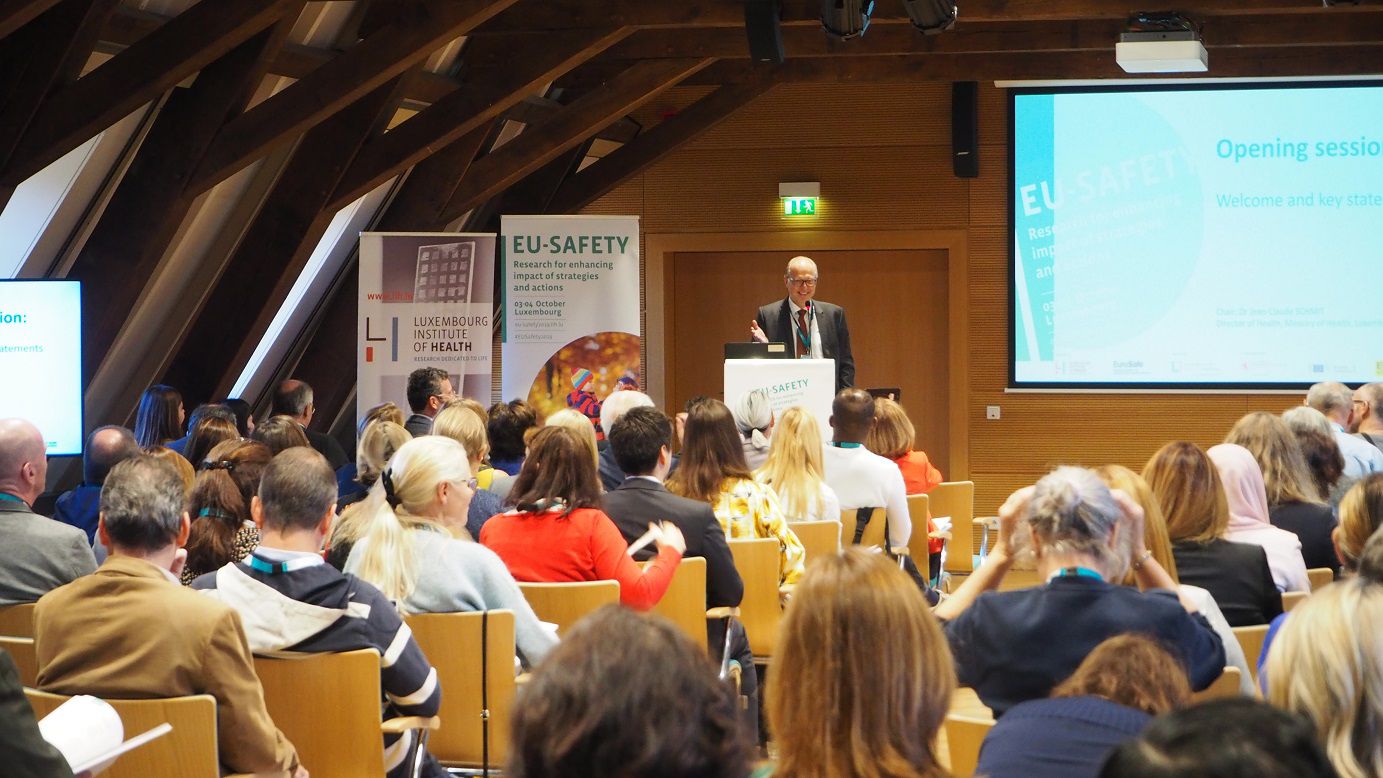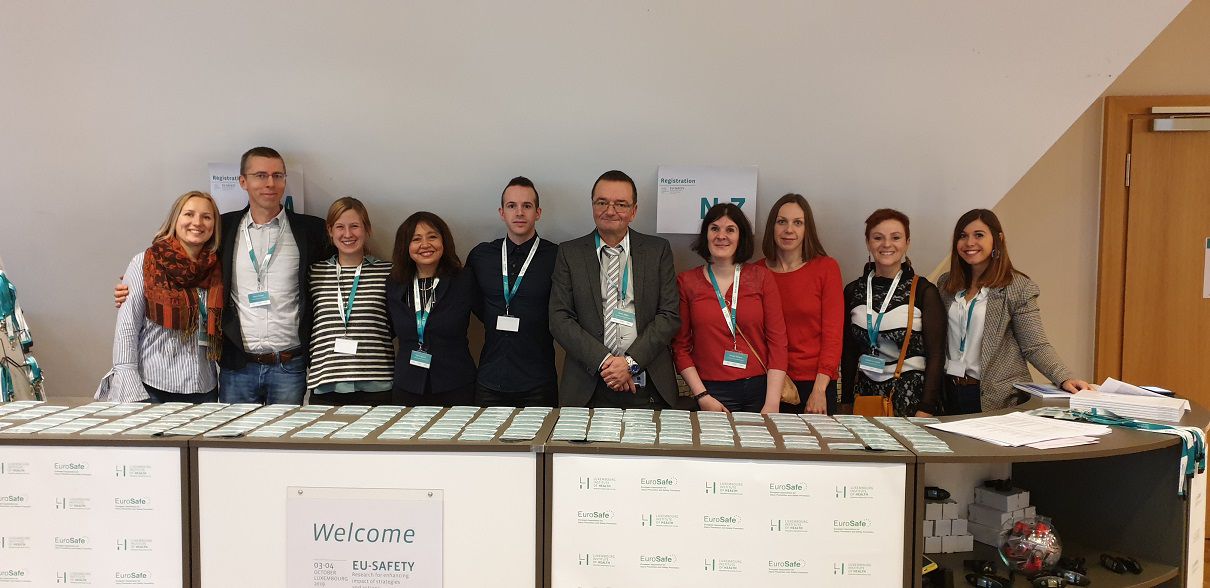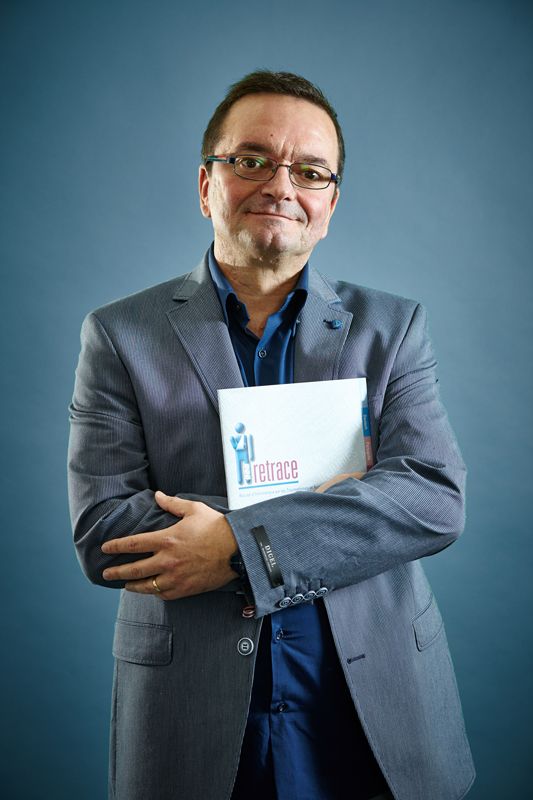15th October 2019
3 min read
Europe no longer wants accidents and injuries
EU Safety 2019
Are we safe from accidents and injuries in Europe? On 3rd and 4th October 2019, 180 scientists, policy makers and stakeholders from all across Europe and beyond attended the EU-Safety 2019 conference organised by LIH and Eurosafe in Luxembourg at the Neumunster Abbey. They tried to get an answer to this question and take action to fill gaps in injury prevention and safety promotion. Consumer protection, road safety, home and leisure safety, with a particular focus on children and elderly: all these very different topics were discussed at the conference and require an action plan with common bases
Data, data, data, data
Experts agree that effective injury prevention relies heavily on understanding of the causes and circumstances of injury. Hence it is key to be able to collect data upstream and combine different data sources. ‘Injury surveillance and prevention are highly data-dependent processes. Combining information from different sources at national and international level allows identification of meaningful risk factors for frequent injuries and matching of those risks to proven effective preventive actions. The establishment of common indicators and the sharing of experiences on accident prevention strategies and actions could help to strengthen safety in our daily lives,’ states Dritan Bejko, epidemiologist at LIH and main organiser of the conference.
Prof Laetitia Huiart, Director of LIH’s Department of Population Health adds:
‘At LIH, we are proud to contribute daily to an extremely effective national injury surveillance system named RETRACE, and to be part of the European network EuroSafe.’
Document success stories to reproduce them
At the conference, Dr Etienne Krug from the World Health Organisation (WHO) underlined: ‘We must implement accident and injury prevention programs, evaluate them and above all document our successes, because there are some, but we do not talk about them!’ Indeed, it is important to know which national prevention programmes already exist and to identify those that have proven their effectiveness in order to replicate them in other European countries. However, it is essential to also adapt to local specificities, meaning to ‘understand the culture of the concerned population to establish strategies to change behaviour’, emphasised Prof Nicholas J. Ward from the Montana State University, United States, during the conference.
Raise awareness among policy makers
Lifestyle diseases and their prevention are of great interest in public health. Programmes to encourage healthy living through physical activity or a balanced diet attract the attention of the lay public and policy makers. Large public funds are being allocated to health promotion at the expense of injury prevention. However, accidents and injuries remain a major cause of death and represent a heavy burden on national health services.
Dr Wim Rogmans, founder of Eurosafe., explained:
'The EU-Safety 2019 conference aimed to raise awareness among policy makers on the impact of accidents and injuries and to integrate injury prevention in a coherent way into national and European action plans.’
The conference also demonstrated that there is a need to regularly bring together all stakeholders in the field of safety and accident prevention. ‘The actors of different injury prevention domains meet regularly, but mostly among themselves. Here, they have the opportunity to meet actors from all fields, exchange methods, evaluate the effectiveness of their prevention measures and discuss topics of mutual interest such as epidemiology. This complementarity makes this conference unique and stimulating,’ concluded Dr Rogmans.
> PARTNERS & FUNDING
EU-Safety 2019 was organised by Eurosafe, the European Association for Injury Prevention and Safety Promotion, in collaboration with LIH. It was supported by a RESCOM grant from the Luxembourg National Research Fund (FNR) as well as by the Luxembourg Ministry of Health, WHO and the European Commission.
> LIH CONTACT
Dritan Bejko




